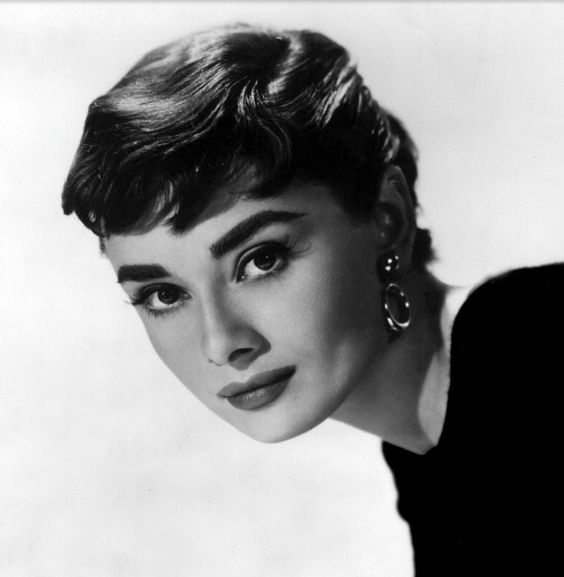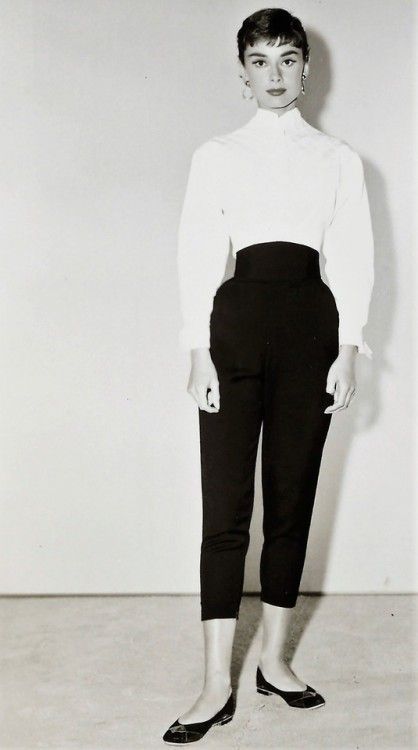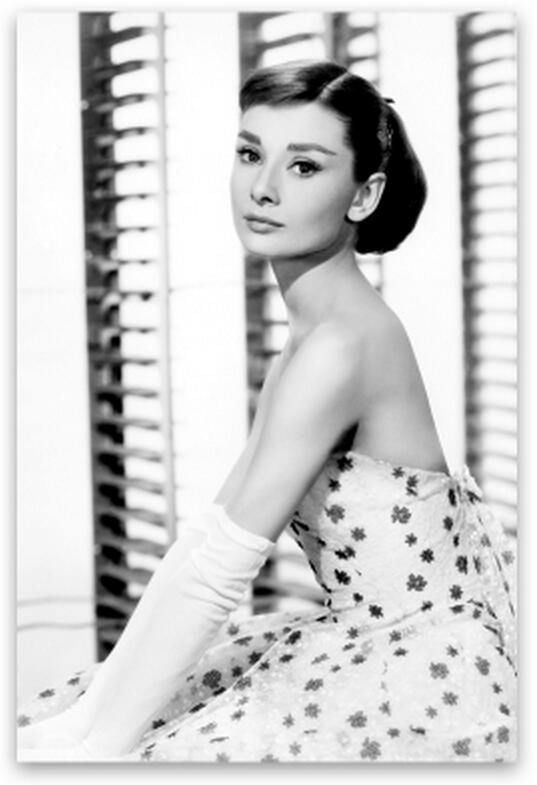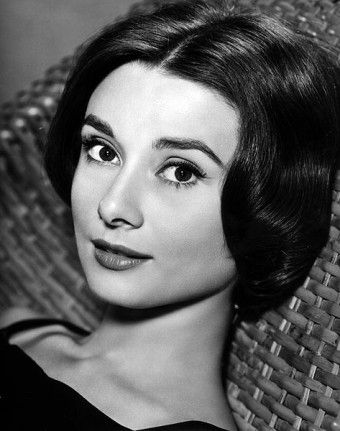Audrey Hepburn’s movies defined her legendary status as a prestigious actress in Hollywood. But before Hepburn ever ventured into mainstream entertainment, she served a significant purpose in the second world war.
The 1950s witnessed quite a surge of innovative Hollywood content, thanks to the likes of Marilyn Monroe, Sophia Loren, and Audrey Hepburn. Hepburn’s impressive works during that era earned her the timeless title of one the greatest actresses in Hollywood.
While Hepburn excelled in the industry, this was not her first job as an entertainer. Way before she joined Hollywood, Hepburn worked as an entertainer and a resistance spy during world war II and the great depression. The details of her efforts are not far-fetched.

Audrey Hepburn And The Second World War
The “Breakfast At Tiffany’s” actress came to know what starvation meant after the Nazis put up their swastika and decided all national affairs would be run by their authority.
Hepburn was born into a comfortable upper-class family. Her dad worked as a finance officer while her mom was a Dutch noblewoman. However, things first went south after her parents divorced and her father left the family.
Hepburn’s mom sold furniture to sustain her family. However the ultimate struggle for survival started when the economy was trampled amid the Nazi reign. All Hepburn’s family could do was scramble around, seeking safety and eating what they could find.
Hepburn experienced the worst form of starvation during “the hunger winter” period. Many years after the volatile era, Hepburn shared that they would often go without water, light, heat, and food for days.
However, when they eventually got meals, they were starvation portions. Audrey Hepburn’s son Luca Dotti shared that his mother “was very close to death.”
Dotti revealed more details of her life when he wrote the introductory part of Robert Matzen’s book, “Dutch Girl: Audrey Hepburn and World War II.” Ultimately Hepburn’s once Pro-Nazi mom converted and pledged to help the Resistance in any way she could.

How Audrey Hepburn Knew The Resistance
When Hepburn first became aware of the Resistance, she was a ballerina with four years experience at the Arnhem Theatre. Her skills were valuable to Dr. Hendrik Visser’t Hooft, a local Resistance leader.
This was because there was a musical show called the zwarte avoden translated to “black evenings.” These performances were considered illegal after the Nazis took over. However, the performers discreetly organized the show at by-invitation locations.
Musicians at the time of the war first made money through the zwarte avoden after the Nazi Union of Artists, Kuktuurkamer, took over the mainstream music scene. Later the zwarte avoden became a means to gather funds for those sheltering the jews.
Hepburn’s family, the van Heemstras were first connected to the zwarte avoden in 1944 when some family members attended one of the illegal performances. That was also the time Hepburn longed to be a part of it.
Although Hepburn suffered malnutrition like many dutch youths, she was steadfast in performing and perfecting her skill. This she did all in a bid to make her contribution to the Resistance.

Her Work as a Resistance Spy
After Hepburn volunteered to help the Resistance, she participated in the swarte avoden with the windows blackened to avoid the German authority from discovering them.
Later in life, Hepburn shared that the organizers stationed guards outside to warn them when Germans approached. In addition, she relayed that her best audiences in that period would watch her perform and not cheer or make any sound when she was done.
Hepburn would also transport Resistance newspapers, Oranjekrant, printed on napkin-sized papers. This was because the supply of paper was minimal. She would carry the news pieces stuffed in her socks and wooden shoes.
All these she did while she was fifteen, and she went unnoticed for a long time. Because she could speak English, she delivered messages for Dr. Visser’t Hofft to wounded allied pilots.
Hepburn and her family as a whole were also known for their bravery after they harbored a wounded English pilot. According to Nazi rule, anyone caught harboring the enemy would be punished, but her family was discrete enough that the German authority never caught them.

Audrey Hepburn’s Movies And Her Hollywood Career
By the early 1950s, Hepburn was beginning to veer into the showbiz world. She starred in a few films and television productions but was still an unknown actress.
Audrey Hepburn’s movie, “Roman Holiday,” was the factor in her launch to stardom. She starred alongside Gregory Peck. Initially, the role was intended for Elizabeth Taylor, but Taylor was unavailable, and Hepburn hopped on the project.
This would go on to be her breakthrough movie, and her career only progressed since then. Audrey Hepburn’s movies include “Sabrina, “My Fair Lady,” “Charade,” and many others.
Her acting career spanned over five decades until there was a decline in her sixties. This was due to her health complications, and Hepburn was later diagnosed with abdominal cancer. She died at 63.

